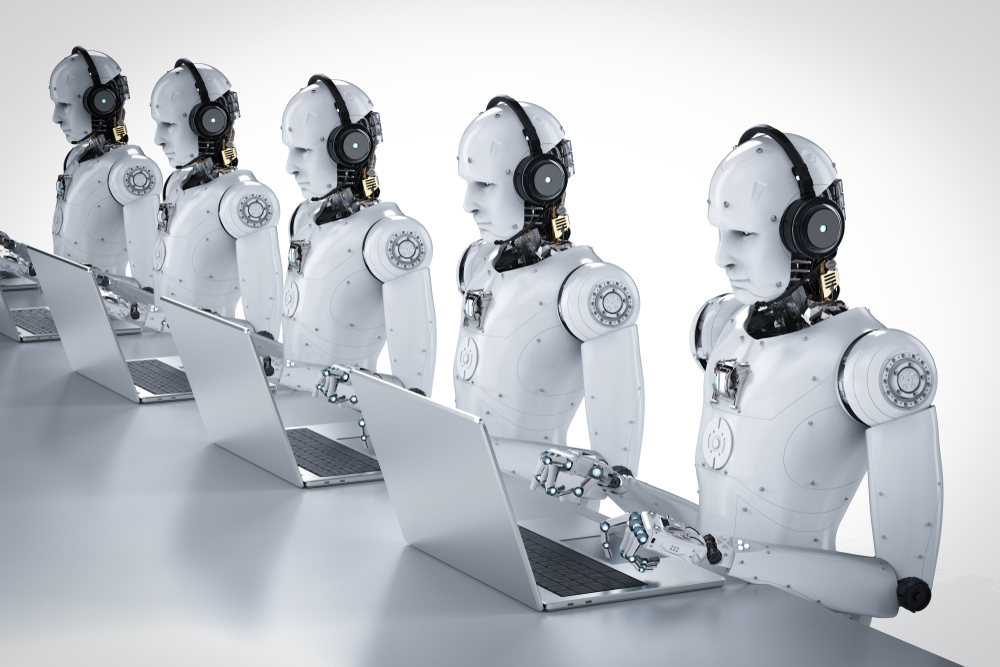



Get new exclusive access to healthcare business reports & breaking news




On May 10, 2018, Google made history yet again, this time at the Google I/O conference.
The company revealed the single most advanced chatbot in history, Google Duplex, which is virtually indistinguishable from a human being.
What Google’s CEO showcased onstage was a very benign scenario: Google Assistant, with an uncanny human-like voice, calls a local spa to make an appointment on behalf of a user. The conversation goes back and forth, and the chatbot is smart enough to have an end-to-end conversation until an appointment is set.
Amazingly, the person who picks up the phone never realizes she is talking to AI-powered technology, and not another human being.
The most human-like robot ever revealed to the public, this AI agent can make phone calls automatically, hold a conversation and solicit information — all hands-free. Think 1 million calls, all made at the same time, with no human interaction.
If you want to see this technology in action, skip to :35 in the video of the keynote speech: https://www.youtube.com/watch?v=ogfYd705cRs
Needless to say, today, Google was met with tremendous criticism, paranoia and doubt. Some call the technology terrifying. Some wonder if Google has considered the implications that come with a life-like AI agent. Others call them unethical and creepy.
At its core, this is what makes the Google Duplex chatbot remarkable:
Google Duplex critics lament that humans have not given their consent to talk to a bot. They’re expecting a human being and are reacting as such. Other critics wonder how this technology may be abused.
The fierce backlash received by Google after its demo forced the company to announce on Thursday that Duplex will launch with a built-in disclaimer, and that the AI will identify itself when talking to humans.
Yet, taking emotion out of the equation, we cannot ignore a simple fact: this technology could save the healthcare industry billions of dollars.
There are 990 million hospital and clinic visits in the US each year, with more than half of these visits made to primary care physicians.
So, let’s do some simple math.
Around 500 million visits are made each year to primary physicians. Assuming that scheduling a patient takes 10 minutes (between getting the patient’s details, adding them to the EHR and figuring out the doctor’s availability) and that clinics are paying support staff $12 per hour to take appointments, that’s $1 billion per year just to schedule patients for private clinic visits.
This doesn’t even account for variables like dealing with a first-time patient, follow-up calls, voicemails and more.
Now, imagine for a second if Google Duplex were to take appointments.
Imagine if Google Duplex could be trained, significantly better than a human being, to ask the right questions to determine the urgency of a visit (which we know is possible via IBM Watson Health).
Whatever we personally think of Google Duplex, it could be a huge game changer for healthcare, helping the industry save billions, freeing resources to focus on more specialized tasks, reducing errors and saving lives.
Before we get into a frenzy and condemn the technology, we may be better served by thinking of the good this technology can do (while putting in place stopgap measures to ensure risks are removed).
What would the healthcare landscape look like then?
To many people today, it may still look catastrophic. But in ten years, this will be common practice.